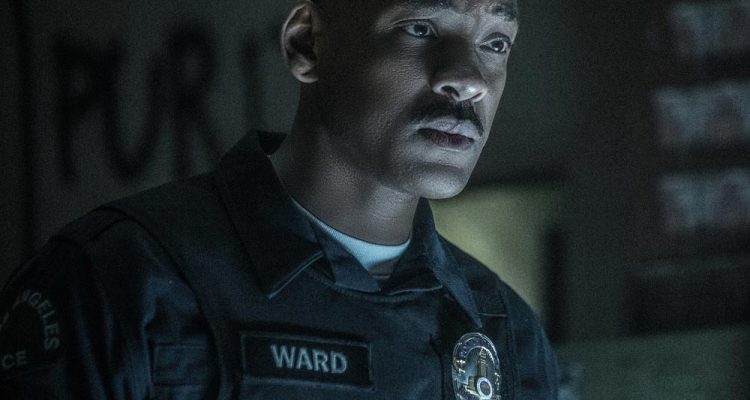A new year is here, but the same battle between critics and studios continues. Throughout 2017, Hollywood pointed a finger at Rotten Tomatoes — and by extension, critics — for poisoning them against blockbusters like “Baywatch” and “The Mummy” with bad reviews. Heck, even Martin Scorsese stated that the review aggregator was “hostile” to filmmakers. Meanwhile, films like “Star Wars: The Last Jedi” and “Bright” saw noticeably large differences between their Tomatometer and Audience scores. Are critics out of touch? According to Netflix, the answer is yes.
The streaming giant delivered their first big budget original movie last month with “Bright,” and critics tore it apart. The Will Smith starring orcs ‘n cops flick currently stands with a dismal 26% on Rotten Tomatoes, however, it has an 86% Audience score (I should probably take a moment here to point out that Rotten Tomatoes is not science, and a fairly arbitrary way to evaluate movies, but that’s a whole other discussion). According to executives at the streaming giant, critics are not in sync with moviegoers.
“The critics are pretty disconnected from the mass appeal,” said Netflix CEO Reed Hastings said in a taped presentation. He also noted that “Bright” performed particularly well internationally (of course, no numbers were provided) and pointed that, “Most of the critical reviews you read are English language, just U.S.”
Netflix Chief Content Officer Ted Sarandos elaborated a bit further, saying that while critics are an important part of the conversation, at the end of the day, all the streaming service cares about is if people are watching.
“Critics are an important part of the artistic process but are pretty disconnected from the commercial prospects of a film,” he said. “If people are watching this movie and loving it, that’s the measurement of success. And if the critics get behind it or don’t, that’s a select group of social media influencers talking to a specific audience.”
It continues to be mind-boggling to me that anybody in Hollywood thinks that critics yield this magical force over a select group of moviegoers. If only that were so. Had the Critical Elite held some magical sway over anybody, “Paddington 2” would be a box office smash. It’s not the job of movie reviewers to take the pulse of popularity among moviegoers; it’s to subjectively critique a film. On occasion, this leads to small films getting championed and maybe getting a bigger audience than they might have otherwise. Maybe there’s a minimal impact on a blockbuster if it gets thrashed, but usually not. At the end of the day, audiences will see what they want to regardless of what anybody else says. In a sense, Sarandos is right — critics do speak to a “specific audience” and it’s not a particularly large one, and not as influential as some would lead you to believe.
At the end of the day, Netflix is happy enough with the reception among their subscribers to “Bright” to greenlight a sequel, and as far as they’re concerned, that’s all that really matters. [Variety]

